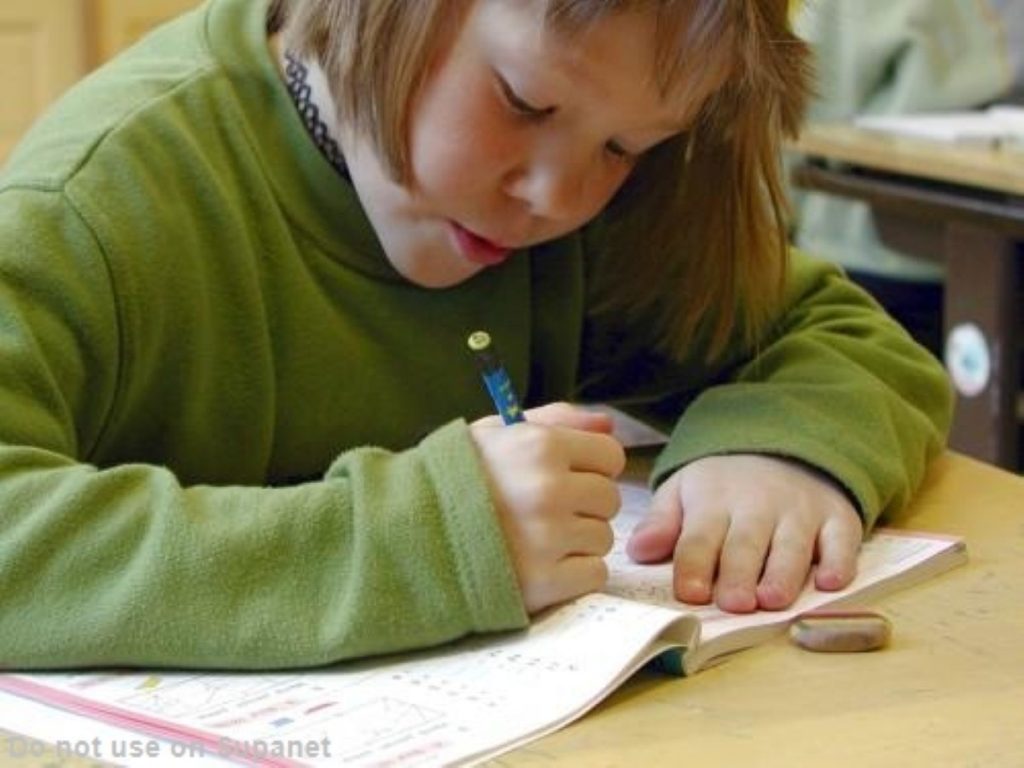Major overhaul of special needs system urged
The system for dealing with the 1.5 million children with special educational needs (SEN) is “no longer fit for purpose”, a committee of MPs has warned.
The cross-party education select committee says a lack of priority for the issue in government policy and confusing ministerial messages have left the system in need of a major overhaul.
However, while education secretary Alan Johnson accepted that more needed to be done to improve SEN provision, he rejected suggestions that the government’s policy on the issue was confused or that a “completely fresh look” was necessary.
In 2004 guidance to local authorities, the committee notes the government stated that it wanted to reduce the proportion of SEN children in special schools, instead teaching them in mainstream schools, a policy known as “inclusion”.


But ministers themselves refuse to accept this policy is the main cause of the closure of special schools seen over the past two decades, nor that such closures are their aims.
Schools minister Lord Adonis told the committee that the government had “no policy whatever, I should stress, of encouraging local authorities to close special schools”, and this was repeated today by Mr Johnson.
However, the MPs warn this “lack of clear strategic direction” is leaving teachers and parents frustrated, adding that the failure to implement the wholesale reviews of the SEN system recommended by the Audit Commission four years ago is “unacceptable”.
As a result, there are “significant cracks in the system”, the MPs say, in particular in the way children with autism and social, emotional or behavioural difficulties are dealt with.
“Many of the problems identified in our report stem from the fact that SEN provision has not been given sufficient priority by successive governments,” said Labour committee chairman Barry Sheerman.
The government’s ‘every child matters’ policy, to look more at the health and enjoyment of pupils, rather than just their exam results, is going some way towards addressing the problems with SEN, the committee says.
But the MPs warn it must go further, noting that “the evidence demonstrates that SEN and the raising attainment agenda sit very uncomfortably together at present”.
Responding, Mr Johnson insisted SEN was a priority for the government, and highlighted additional investment for pupils – about £1,070 per pupil since 1997 – and for local authorities – about £1.3 billion over four years.
He stressed: “We do not have a policy of closing special schools and we have always been clear that inclusion is about the quality of children’s education, and how they are helped to learn, achieve and participate in the life of their school, whether that is a mainstream or a special school.
“We do not believe that a ‘completely fresh look at SEN’ at this time is the right way of achieving the best outcomes for children.”
However, shadow education secretary David Willetts warned that today’s report was a “powerful attack” on what was wrong with the SEN system, and a “wake-up call to the government which needs to be heeded”.
Liberal Democrat education spokesman Stephen Williams added: “The government needs to clear up the confusion they have created over what they mean by ‘inclusion’. Parents need clarity about what their child is entitled to.”












